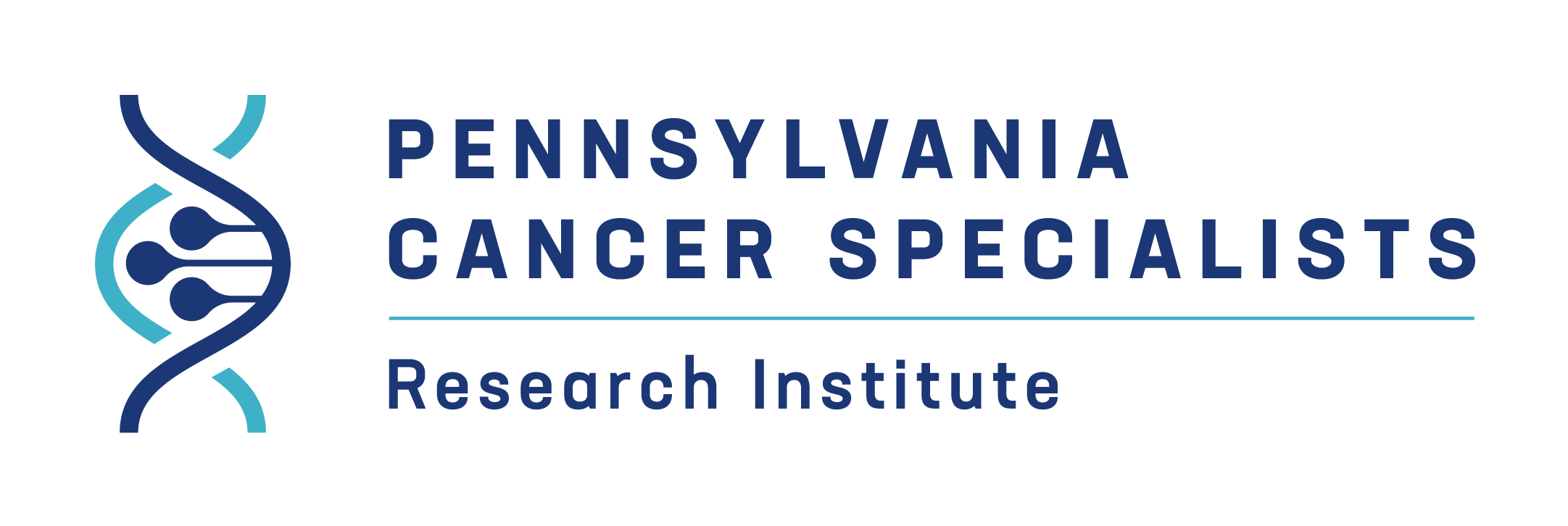Preventing and Detecting Gynecological Cancer
September is Gynecological Cancer Awareness Month, a perfect time to focus on prevention and early detection of gynecological cancers. Gynecological cancers include five main types: cervical, ovarian, uterine, vaginal, and vulvar cancer. By understanding preventive measures and early detection strategies, individuals can significantly reduce their risk and improve outcomes through timely intervention.
Prevention:
Know Your Risk Factors
- HPV (Human Papillomavirus): HPV is a sexually transmitted infection responsible for nearly all cases of cervical cancer. Not being vaccinated against HPV can elevate your risk of developing gynecological cancers.
- Smoking: Smokers have an increased risk of developing many types of cancers, including gynecological cancers.
- Family History: A family history of gynecological cancer can elevate your risk. Genetic factors, including carrying the BRCA gene, can significantly increase your susceptibility.
- Age: Women between the ages of 30 and 50 are more likely to develop gynecological cancers.
- Lifestyle: Maintaining a healthy diet and exercising regularly can lower your risk of developing gynecological cancers.
Know the Symptoms
- Unexplained weight loss
- Pelvic pain
- Feeling a lump or mass
- Irregular bleeding
- Increased urination
Detection:
Pap Smear
One of the most valuable tools for screening gynecological cancers is the Pap smear. This routine test involves collecting cells from the cervix to examine for any abnormal changes that could indicate the early stages of cancer. Regular Pap smears allow your doctor to detect potential issues before symptoms appear, enabling earlier intervention and more effective treatment.
Genetic Testing
Discuss your family history with your doctor to determine if genetic testing is appropriate for you. Understanding if you have a genetic factor that increases your risk is crucial for proactive health management.
Regular Screenings
Regular screenings are essential in preventing gynecological cancers. Speak with your doctor to determine the best screening schedule and methods for you. They will guide you in selecting the most effective approach to ensure early detection and optimal care.
Schedule an appointment with your doctor to discuss your needs and establish a personalized plan for your health.


